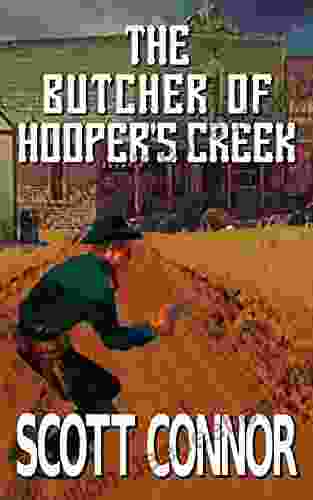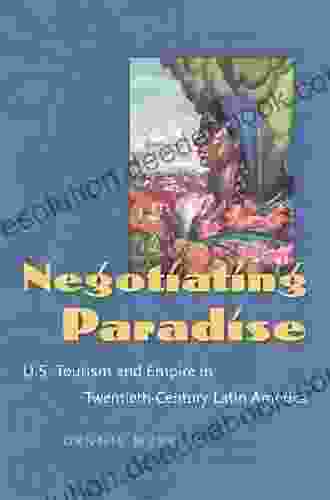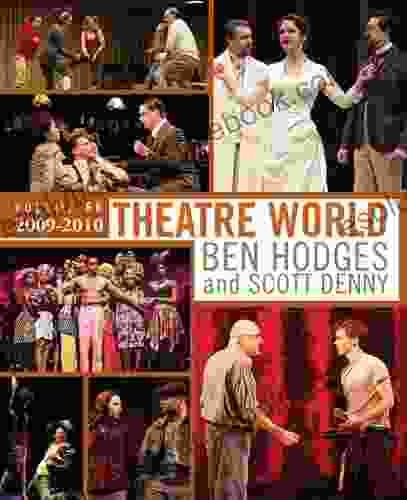Tourism and Empire in Twentieth Century Latin America: A Historical Exploration of Exploitation and Resistance

The twentieth century witnessed a significant rise in tourism across Latin America, driven by both internal and external factors. While tourism has often been viewed as a positive force for economic development, its relationship with empire and colonialism has been complex and often exploitative. This article explores the historical interplay between tourism and empire in twentieth-century Latin America, highlighting the ways in which tourism has both perpetuated and challenged imperial power structures.
Tourism was closely intertwined with imperial expansion and domination in Latin America. Colonial powers, such as Spain, Portugal, and Britain, promoted tourism as a way to strengthen their control over their colonies. Tourists were encouraged to visit exotic lands, often depicted as "primitive" or "mysterious," to experience the "Other" and reinforce the superiority of European culture.
Through tourism, imperial powers sought to:
4.2 out of 5
| Language | : | English |
| File size | : | 3985 KB |
| Text-to-Speech | : | Enabled |
| Enhanced typesetting | : | Enabled |
| Word Wise | : | Enabled |
| Print length | : | 346 pages |
| Screen Reader | : | Supported |
Exoticise and Commodify Local Cultures: Tourism often presented Latin American cultures as exotic and primitive, reducing them to marketable attractions. This commodification of culture served to create a sense of distance and difference between tourists and local populations.
Control and Manage Travel: Colonial powers established regulations and policies governing tourism, limiting access to certain areas, and ensuring that tourism benefited the colonial economy. This allowed them to maintain control over the movement of people and resources.
Extract Economic Value: Tourism generated revenue for colonial powers, as tourists paid for accommodations, transportation, and souvenirs. This economic exploitation contributed to the maintenance of imperial power and privilege.
Despite its oppressive nature, imperial tourism also sparked resistance and critique from within Latin America. Local populations increasingly resented the ways in which tourism distorted their cultures and exploited their resources. Resistance took many forms:
Nationalism and Cultural Identity: Latin American intellectuals and activists used tourism as a means to assert national identity and reject imperial narratives. They sought to present their cultures on their own terms, challenging the exoticisation imposed by colonialism.
Political Activism: Tourism became a target for political activism as groups protested against the exploitation of workers in the tourism industry and the negative environmental impacts of mass tourism.
Alternative Tourism Models: Local communities developed alternative tourism models that emphasized sustainability, cultural exchange, and mutual respect. These models sought to challenge the imperial power structures embedded in conventional tourism.
After Latin America gained independence from colonial powers, tourism continued to play a significant role in shaping the region's development. However, the relationship between tourism and empire transitioned in the post-colonial era:
Economic Dependence and Inequality: Tourism remained an important source of income for many Latin American countries, but it also perpetuated economic dependence on foreign markets. Benefits from tourism were often concentrated in the hands of a few, while local communities and workers faced exploitation and low wages.
Neocolonialism and Cultural Hegemony: Tourism often reinforced neocolonial power dynamics, as foreign corporations and investors played a dominant role in the industry. Western ideas and values continued to shape tourism practices, marginalising local perspectives and cultural diversity.
Resistance and Alternative Tourism: Resistance to imperial tourism persisted in the post-colonial era, with local communities and activists advocating for more equitable and sustainable tourism models. Alternative forms of tourism, such as community-based ecotourism and cultural heritage tourism, emerged as ways to challenge neocolonial power structures.
Tourism in twentieth-century Latin America was a complex and multi-layered phenomenon, deeply intertwined with empire and colonialism. While tourism has often been seen as a positive force for economic development, its historical relationship with power and exploitation cannot be ignored. The resistance to imperial tourism and the emergence of alternative models have shaped the industry's development, challenging traditional power structures and promoting more equitable and sustainable practices. Understanding the historical legacy of tourism and empire in Latin America is crucial for creating a more just and inclusive tourism industry in the future.
4.2 out of 5
| Language | : | English |
| File size | : | 3985 KB |
| Text-to-Speech | : | Enabled |
| Enhanced typesetting | : | Enabled |
| Word Wise | : | Enabled |
| Print length | : | 346 pages |
| Screen Reader | : | Supported |
Do you want to contribute by writing guest posts on this blog?
Please contact us and send us a resume of previous articles that you have written.
 Book
Book Page
Page E-book
E-book Magazine
Magazine Newspaper
Newspaper Paragraph
Paragraph Bookmark
Bookmark Shelf
Shelf Bibliography
Bibliography Foreword
Foreword Preface
Preface Synopsis
Synopsis Annotation
Annotation Codex
Codex Tome
Tome Bestseller
Bestseller Library card
Library card Narrative
Narrative Biography
Biography Reference
Reference Encyclopedia
Encyclopedia Dictionary
Dictionary Narrator
Narrator Catalog
Catalog Card Catalog
Card Catalog Stacks
Stacks Archives
Archives Periodicals
Periodicals Study
Study Research
Research Scholarly
Scholarly Lending
Lending Reserve
Reserve Academic
Academic Interlibrary
Interlibrary Literacy
Literacy Study Group
Study Group Thesis
Thesis Awards
Awards Theory
Theory Debbie Brain
Debbie Brain John Vince
John Vince Mira S
Mira S Jaime Donally
Jaime Donally Wendy Mcelroy
Wendy Mcelroy Nitya Jacob
Nitya Jacob Dancing Dolphin Patterns
Dancing Dolphin Patterns Matthew Henry
Matthew Henry Scott Rush
Scott Rush Ronald Mah
Ronald Mah Lee Strobel
Lee Strobel Craig Harris
Craig Harris Kenneth Toye
Kenneth Toye Kathy Stinson
Kathy Stinson Noel Ashton
Noel Ashton Harry Bernstein
Harry Bernstein John Follain
John Follain Donna Fenn
Donna Fenn Anton Treuer
Anton Treuer Clare Cogbill
Clare Cogbill
Light bulbAdvertise smarter! Our strategic ad space ensures maximum exposure. Reserve your spot today!
 John Dos PassosFollow ·2.3k
John Dos PassosFollow ·2.3k George MartinFollow ·2.1k
George MartinFollow ·2.1k Todd TurnerFollow ·13.5k
Todd TurnerFollow ·13.5k Jeffrey HayesFollow ·7k
Jeffrey HayesFollow ·7k Edgar HayesFollow ·3.3k
Edgar HayesFollow ·3.3k Lawrence BellFollow ·19.7k
Lawrence BellFollow ·19.7k Clarence BrooksFollow ·8.1k
Clarence BrooksFollow ·8.1k Brent FosterFollow ·12.3k
Brent FosterFollow ·12.3k

 Billy Foster
Billy FosterHow to Stop the Aggressive Narcissist: Finding the Energy...
Understanding...

 Cortez Reed
Cortez ReedThe Butcher of Hooper Creek: The Notorious Life of...
In the rugged and unforgiving Canadian...

 Charles Reed
Charles ReedThe Portable Sales Coach: Your Comprehensive Guide to...
Discover the Sales Mastery...

 Jack Butler
Jack ButlerMeet Nancy Clancy, the Feisty and Fabulous Disney Junior...
In a vibrant world where...

 Francis Turner
Francis TurnerChaos Response: The Letter Harmony And Chaos
In the beginning, there was...
4.2 out of 5
| Language | : | English |
| File size | : | 3985 KB |
| Text-to-Speech | : | Enabled |
| Enhanced typesetting | : | Enabled |
| Word Wise | : | Enabled |
| Print length | : | 346 pages |
| Screen Reader | : | Supported |













